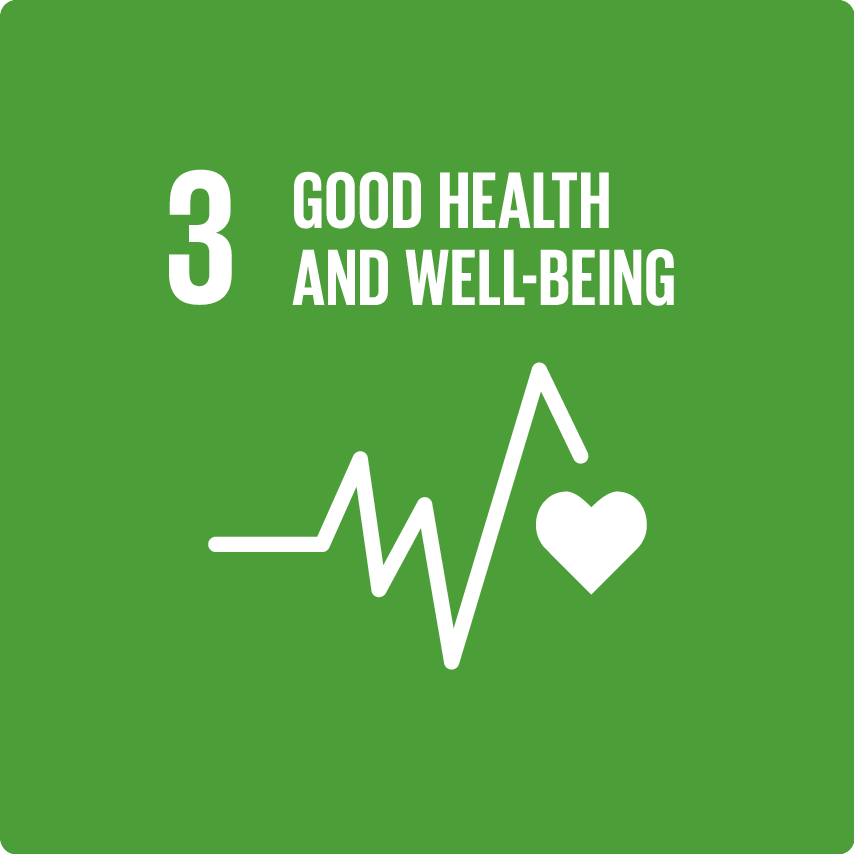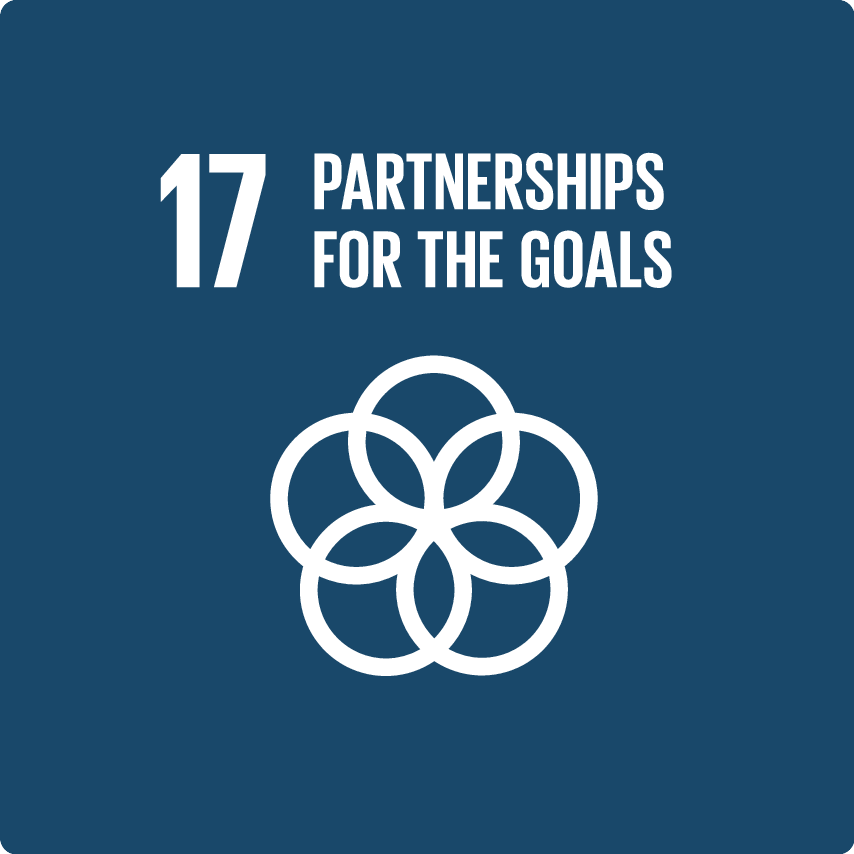AMR Industry Alliance
The AMR Industry Alliance is one of the largest private sector coalitions set up to provide sustainable solutions to curb antimicrobial resistance, with over 100 biotech, diagnostics, generics and research-based pharmaceutical companies and associations joining forces.
SEE ALL PARTNER ORGANIZATIONS
Objectives
The AMR Industry Alliance aims to contribute sustainable solutions to curb antimicrobial resistance by creating a broad industry momentum and facilitating collaboration between the public and private sectors.
The life sciences industries are a crucial partner in efforts to curb AMR. Within this context, the AMR Industry Alliance (AMRIA) was established in 2017 and brings together leading biopharmaceutical, biotechnology, diagnostic, generics companies and industry associations to address AMR-related issues.
The principles of the AMR Industry Alliance are based on its two founding documents: the Davos Declaration and the Industry Roadmap. Since then, Alliance commitments have evolved in line with industry progress and global priorities.
The Alliance measures and drives the life-sciences industry progress to curb antimicrobial resistance in four different areas: research and science, appropriate use, access, manufacturing.
RESEARCH & SCIENCE
- Invest in research and development for innovative antibiotics and antibiotic dosage forms, vaccines, new technologies, and diagnostics.
- Continue to advocate for policies that support sustainable investment in AMR-relevant innovation.
- Partner with policymakers, payers, and other relevant stakeholders on new reimbursement, valuation, and commercial models that support appropriate patient access and a sustainable supply of antibiotics and AMR-relevant vaccines and new technologies and diagnostics.
- Support collaboration and sharing of relevant non-proprietary data with different stakeholders (e.g., academia, consortia, small or medium-sized enterprise (SMEs), public researchers and industry) to help address key scientific and public health challenges.
ACCESS
- Address barriers to patient access to the most appropriate treatment, vaccine, or diagnostic.
- Work in collaboration with policymakers to create an economic and regulatory environment that enables the sustainable supply of quality-assured antibiotics.
- Work to reduce the prevalence of substandard and falsified AMR-relevant products.
APPROPRIATE USE
- Contribute to slowing the emergence of resistance by preventing infections by promoting vaccination and reduction of inappropriate use of antibiotics through expanded use of diagnostics.
- Support appropriate use of antibiotics by working closely with other partners on awareness campaigns, continued education for healthcare professionals, and generation of evidence to support appropriate use and stewardships.
- Collect and share surveillance data with public health bodies and healthcare professionals to improve understanding of resistance trends, monitor the effectiveness of antibiotics, inform appropriate antibiotic and vaccine use, and develop adapted infection control strategies.
- Ensure that any promotional activities for antibiotics are aligned with the goal of advancing stewardship.
MANUFACTURING AND ENVIRONMENT
- Review Alliance member’s own manufacturing and supply chains to assess good practice in controlling release of antibiotics into the environment.
- Establish a common framework for managing antibiotic discharge, and start to apply it across their own manufacturing and supply chains by 2018.
- Work with stakeholders to develop a practical mechanism transparently show that Alliance member supply chains meet the frameworks standards.
- Work with independent technical experts to establish science-driven, risk-based targets for discharge concentrations of antibiotics and develop good practice methods to reduce environmental impacts of manufacturing discharges by 2020.
Results and milestones
- The AMR Industry Alliance’s Progress Report reflects on collective achievements from the life sciences industry to minimize the spread of antimicrobial resistance (AMR). The progress reports can be accessed here.
- The AMR Industry Alliance has been driving responsible manufacturing of antibiotics. This has been a step-wise approach, first with the establishment of science-based predicted no-effect concentration (PNECs) targets, helping minimize antibiotic resistance and environmental toxicity. Another major milestone was achieved in 2018, with Alliance members agreeing on a framework that promotes responsible antibiotic manufacturing. In June 2022, the Alliance took this work one step further and published its Antibiotic Manufacturing Standard: “Minimizing risk of developing antibiotic resistance and aquatic ecotoxicity in the environment resulting from the manufacturing of human antibiotics”. The Standard, facilitated by BSI Standards Limited (BSI), provides clear guidance to manufacturers in the global antibiotic supply chain to ensure that their antibiotics are made responsibly. More details can be found here.
- The AMR Industry Alliance has established an annual Stewardship Prize, to acknowledge organizations in low- and middle-income countries who use innovative approaches to AMR stewardship in their communities, with the goal of helping these organizations further scale their promising practices. More information about the Prize can be found here.
Geographic Reach
- Global Commitment
Disease Area
- Infectious and Parasitic Disease
Partner organizations
MicuRx
Pheerecydes Pharma
Taxis Pharmaceuticals
TetraPhase Pharmaceuticals
vitas Pharma
Xellia Pharmaceuticals
Paratek
Athalone Laboratories
Blueberry Therapeutics
Clarametyx Biosciences
Destiny Pharma
FEDORA Pharmaceuticals
Viatris
LOCUS Biosciences
Medicines for Europe
Association for Accessible Medicines (AAM)
Biotechnology Industry Organization (BIO)
Advanced medical Technology Association (AdvaMed)
Antimicrobial Innovation Alliance
BEAM Alliance
British Generic Manufacturers Association
UK BioIndustry Association
Vereniging Innovatieve Geneesmiddelen
British In Vitro Diagnostic Association (BIVDA)
NEMIS Technologies
Northern Antibiotics
Quantum MD
Spectromics
Agile Sciences
AiCuris
Biomerieux
Cepheid
Curetis
HemoCue
MeMed
MOBIDING
Combioxin
OJBIO
VibioSphen
ContraFect
Peptilogics
CURZA
Phare Bio
ELIGO BIoscience
PHICO Therapeutics
FASTinov
POLYPHOR
BD (Becton Dickinson)
FORGE Therapeutics
Rebiotix
ABAC Therapeutics
HELPERBY
SCYNEXIS
Aequor
iNtRON Biotechnology
SetLance
Allecra Therapeutics
meiji
SinSa Labs
Alphanosos
Microbion Corporation
SOLIGENIX
Amplyx
Melinta Therapeutics
SPERO Therapeutics
ANTABIO
Mutabilis
SPEXIS
AntibioTx
Nabriva Therapeutics
Summit Therapeutics
AUROBAC Therapeutics
Nosopharm
Synthetic Genomics
BIOVERSYS
NovaBiotics
UNION Therapeutics
Bugworks
NovaDigm Therapeutics
Venatorx
Aurobindo Pharma Ltd
Centrient Pharmaceuticals
Frasenius Kabi
Recipharm
Venus
IMMT
Oragenics
Geographic Reach
Global Commitment
Disease Area
Infectious and Parasitic Disease
- Drug-Resistant Infections (AMR)

